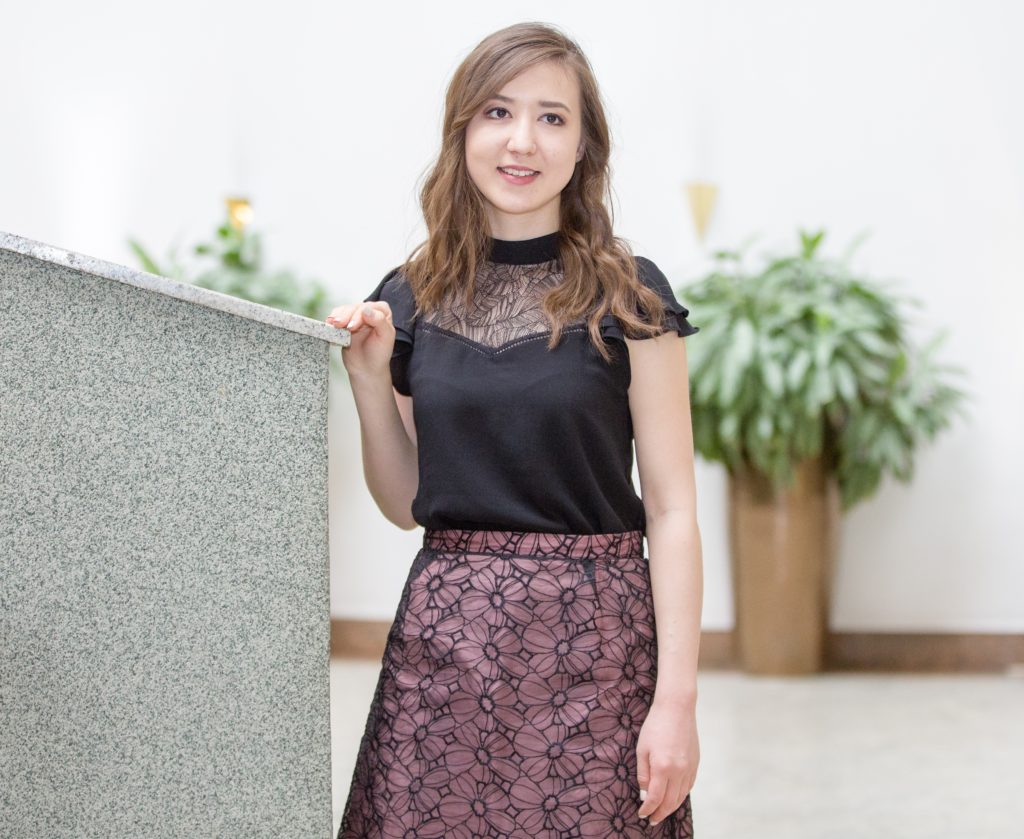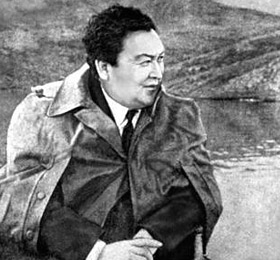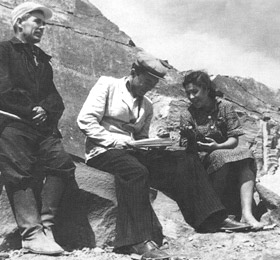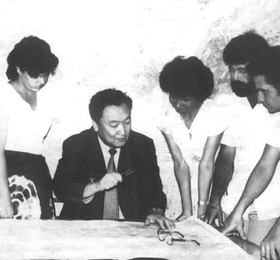Tomiris Atazhanova
Specialization: medicine. Internship: Magee-Womens Research Institute, USA.
 One of the most acute medical problems in our country is infertility. It was following a proposal to research this that 25-year-old Almaty resident Tomiris, who has decided to devote herself to medicine, won a grant from the Yessenov Foundation for a research internship in the United States.
One of the most acute medical problems in our country is infertility. It was following a proposal to research this that 25-year-old Almaty resident Tomiris, who has decided to devote herself to medicine, won a grant from the Yessenov Foundation for a research internship in the United States.
When and how did you understand that medicine was for you?
At high school we did vocational guidance tests. According to these tests, I was suited to work in the service sector, where I would constantly be dealing with people. My homeroom teacher said she saw me as a doctor. She said if I was that diligent, I’d make a great doctor. In addition to all that, I liked natural sciences. So I decided to choose medicine. For me it perfectly combines science, inter-personal relationships, as well as serving people.
What are you interested in other than medicine?
In addition to medicine, I am interested in the field of scientific and gender communication. I have been participating in the FameLab competition for several years, spreading scientific knowledge in an easily accessible, understandable and interesting way. I blog on social networks, talk about my journey in medicine and science. I think it will help some people to determine their goals. I also love to travel, I love nature, I am interested in psychology and art.
What can you say about the competition for the grant, Tomiris?
There were strong candidates. As I participated in the competition for undergraduates and young professionals, each candidate already had an impressive track record and a variety of awards behind them. This was my second attempt to win a grant from the Yessenov Foundation. I tried my hand three years ago, but then maybe I did not have enough self-confidence, and my ability to communicate my ideas was not so good.
What did you do in the lab during your internship?
My Professor was a Doctor of medical Sciences, Alexander Yatsenko (MD, PhD). His laboratory is engaged in research in the field of male infertility, conducts genomic and genetic experiments, and uses bioinformatics methods. When I arrived, the lab was studying families with male infertility. I performed experiments (such as DNA extraction from blood), and conducted a polymerase chain reaction. My task was to analyze, sort and interpret the data with the help of numerous online tools (such as MGI, BioGPS, Unigene, etc.). Every week we met as a team and discussed the work done and planned further. We tried to find a common gene that would be responsible for the emergence of infertility in a particular family. Research is still ongoing, the team plans to publish the article soon.
What have you achieved during the internship, Tomiris?
I gained a huge amount of knowledge and experience of experiments. I was able to work on some of the other projects of Dr. Yatsenko. During the discussions about families with infertility, we discussed the clinical features of such patients, where my medical knowledge was very useful to me. I am pleased with the results of the internship, I felt that I am contributing to the work, and growing as a future doctor and scientist.
Then what?
The topic of reproductive endocrinology is very interesting for me, as I plan to become a medical scientist in the field of obstetrics and gynecology. After residency in this specialty, there is a narrower specialization, which lasts three years (called a fellowship). That’s the way I’m going to go. Thanks to the internship, I was able, as it were, to look into my future and understand better what I’m going to do after graduating from the medical school, where I have one year left to study).
In October 2020, Tomiris won a Bolashak scholarship and went to Oxford to study for a master’s degree (MSc) in Clinical Embryology.
22.10.20, Stories
Seen by: 936





